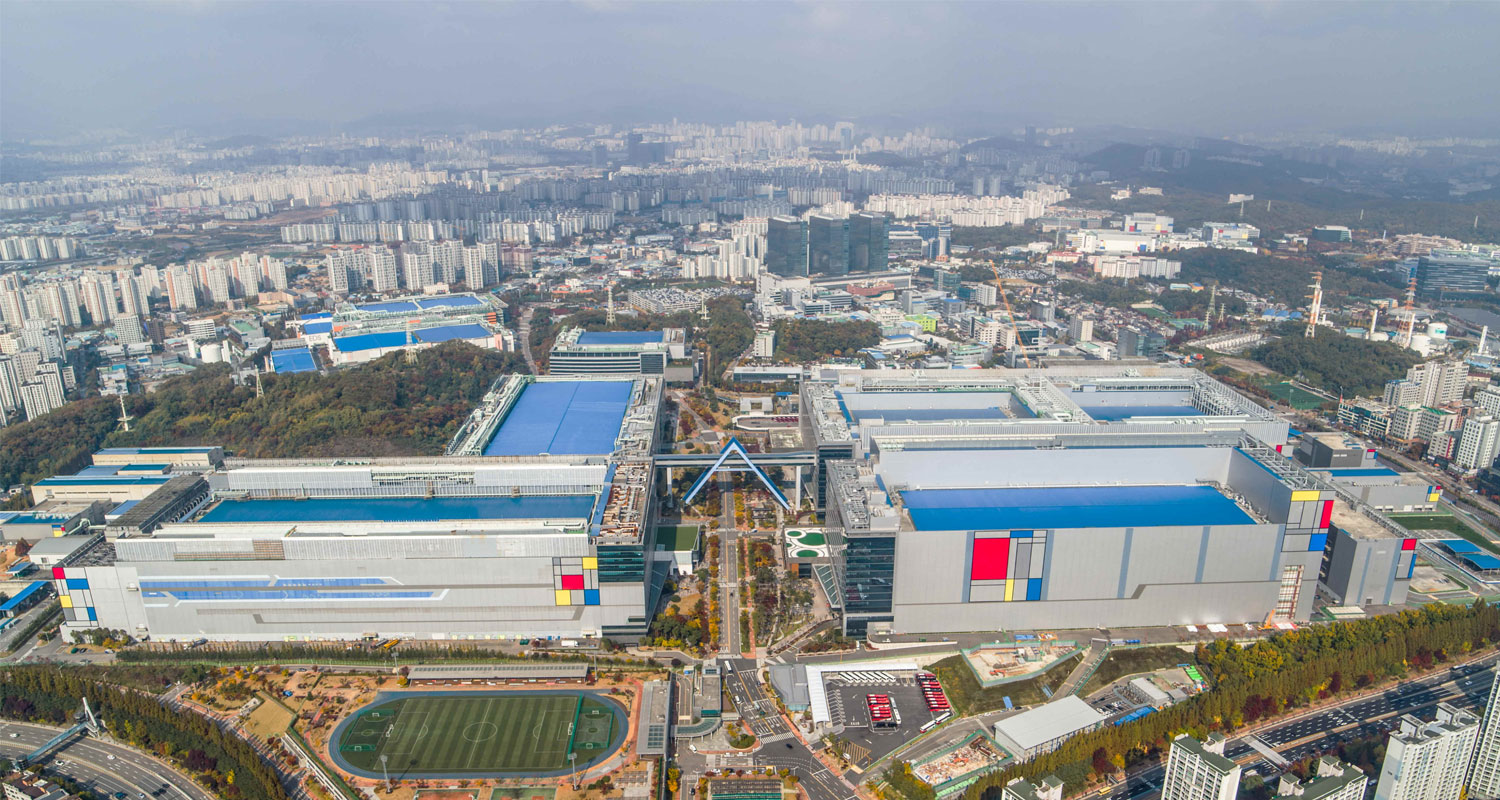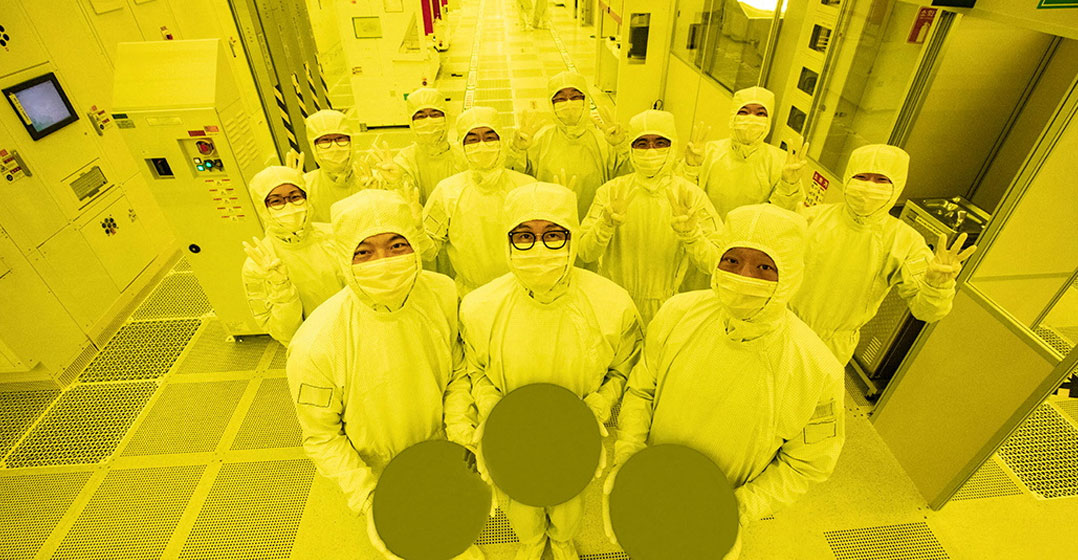
In three decades at Samsung Electronics, Yang Hyang-ja helped shape the 84-year-old conglomerate’s present dominance in global memory chip making. Now she’s taking on a far broader challenge: ensuring Korea remains relevant as the US and China fight over semiconductors.
Yang, who rose from a researcher’s assistant at the storied company before heading the key memory-chip development division, is the lead architect of a nationwide effort to fund and galvanise its domestic chip industry. Her mission is surging in importance as the US, China and Japan pour billions into building up their own chip supply chains, clouding Korea’s future role in semiconductors, she said in an interview.
It’s a matter of national security, she said, echoing the views of those in Washington and Beijing who’re funnelling talent, money and policy support into the development of the slivers of silicon powering future technologies from artificial intelligence and the metaverse to next-generation computing and — notably — military capability.
“We’re in a chip war,” Yang said in a December interview. “Technology supremacy is a way that our country can take the lead in any security-related agenda, such as diplomatic and defence issues, without being swayed by other nations.”
Yang, who leads a 13-member special committee President Yoon Suk Yeol’s ruling party formed this year to brainstorm a solution, has argued that only through strong and direct intervention can Seoul expand its position in the US$550-billion global semiconductor industry. She’s one of a growing number of global policy makers who have embraced tech protectionism after pandemic-driven logistics snarls highlighted countries’ dependence on one another for key electronic components. She’s won an ally in Yoon, who has joined Yang’s calls for more policies to help the country’s homegrown chip sector, which includes SK Hynix as well as Samsung.
But her efforts have fallen short. Last month, parliament passed Korea’s version of the US Chips Act. Spearheaded by Yang, the move expedites the approval process to build factories in the metropolitan area, while increasing the number of tech-specialised schools. Separately, parliament passed a bill offering a tax credit of 8% to big firms investing in semiconductor manufacturing, far smaller than Yang’s proposal of 20-25%.
Far cry
Those gestures that are a far cry from the billions of dollars in subsidies that other countries are committing to chip production, said Yang, adding that short-term political interests are blinding fellow lawmakers in the country’s national assembly. Some of her peers have argued, in turn, that overly generous incentives threatened government finances and would only benefit big companies.
More Korean companies could move their major production facilities to the US, and take their best engineers with them, she said. Samsung plans to build a $17-billion semiconductor plant in Texas, and has floated the possibility of spending almost $200-billion on a series of plants in Austin and Taylor.
Korea has a unique opportunity to counter this trend, Yang said. Taiwan — where TSMC is based — produces the majority of leading-edge chips controlling the newest iPhones, servers and supercomputers. That’s triggered calls worldwide to diversify production away from an island that China claims and has threatened to invade.
“Samsung is the only company in the world that can fill in for TSMC,” said Yang.
Yang, who first joined politics in 2016 at the encouragement of former President Moon Jae-in, has led the current ruling party’s special committee on semiconductors. She’s an independent lawmaker after leaving the Democratic Party in 2021 amid criticism about her response to a sexual assault case against one of her aides, who was also a relative. Yang later apologised. A police investigation yielded no charges against the lawmaker.

Chip policy today takes up her time. Escalating sanctions on advanced technology are putting increased pressure on the country to choose between the US, its security ally, and China, its biggest trade partner. Both have asked South Korea to expand chip production partnerships.
But Seoul has sidestepped explicit comments regarding its commitment to the Biden administration’s sanctions on exports of US-affiliated knowhow to China. That delicate situation highlights the need for Korea to build its own domestic technological capabilities — or risk growing ever more beholden to foreign powers, Yang said.
This is the time to offer Korean companies more incentives to build production capacity at home, rather than abroad, Yang said. The country needs to do more to keep young talent, she said.
“How else would our country survive?” she said. “It’d become a new technological colony.” — Reported with Emily Yamamoto, (c) 2022 Bloomberg LP

